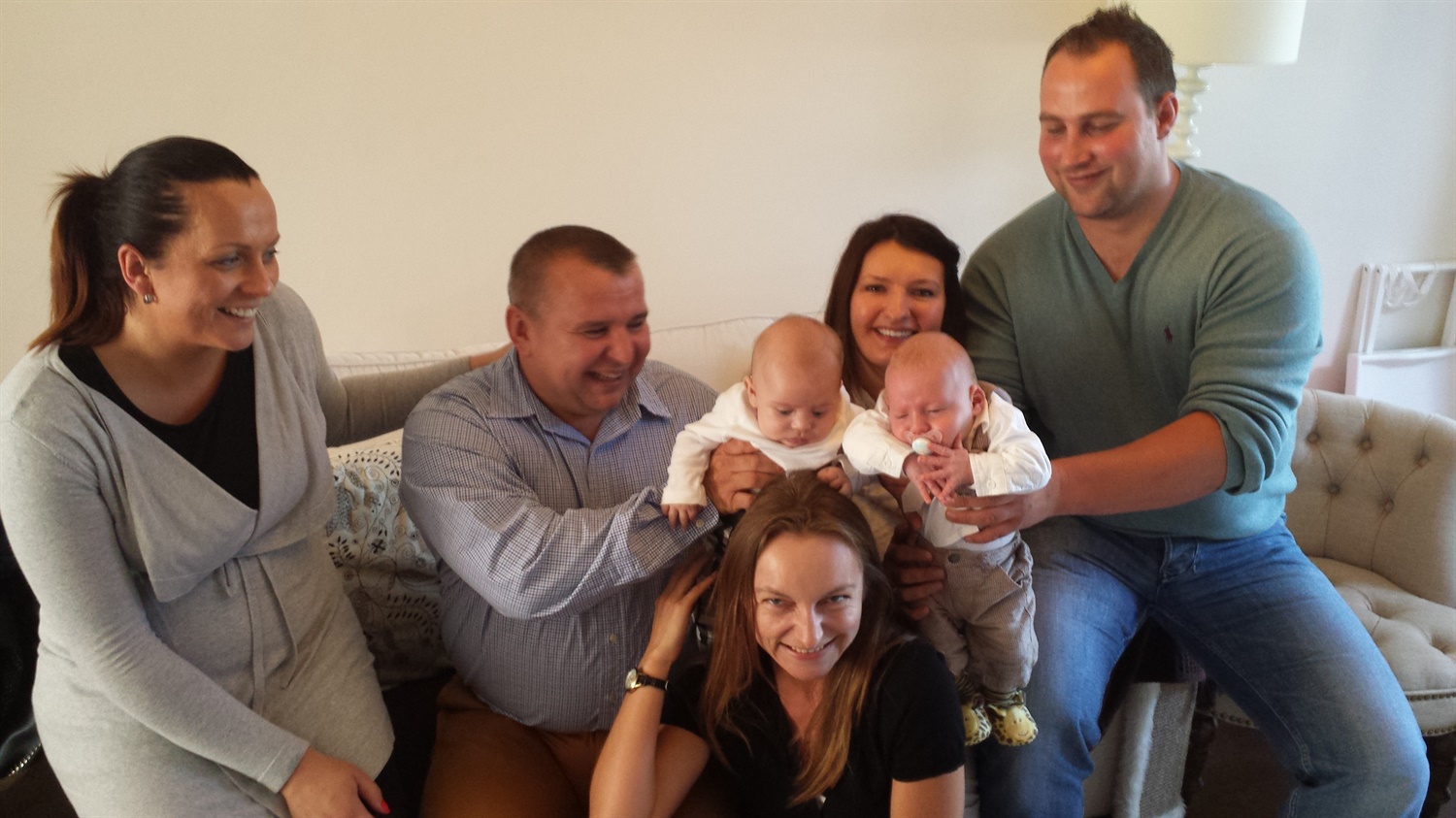06.08.19
The Power of Language in Childbirth and Parenting
While maternal and infant health in the UK is better than many parts of the world, one sector of our community is being left behind. Helena Nikiel talks to Sarah Todhunter about her work with Polish Antenatal Classes.
There are clearly defined links between lack of adequate antenatal care and the prevalence of injury and trauma in childbirth, yet many women are still slipping through the net. In the UK, expecting parents are encouraged to attend antenatal classes, free at the point of access through the NHS.
This service is a fantastic initiative for supporting and informing those who are soon to enter parenthood. But what about those women for whom English isn’t their first language? The UK is well known for being a society enriched by multiculturalism and diversity, yet residents born on foreign shores struggle to access the same care as their British-born counterparts.
Polish is the second most common language in the UK, and an estimated 920,000 of our residents were born in Poland. According to census information, in Ealing and Slough alone more than 6% of residents list Polish as their primary language, with figures in the wider London area sitting at around 2-5%. Yet the information designed to inform expectant parents on childbirth and parenting doesn’t cater to this significant sector of the population.
In South West London, the tide is changing. Since 2012, NCT trained antenatal teacher, Helena Nikiel, has been offering classes to soon-to-be parents, which she runs entirely in Polish. The course reduces the risk of psychological and physical harm in childbirth by empowering Polish-speaking parents, informing them of decisions during labour and enabling them to communicate effectively with medical teams.

The courses involve practical and theoretical preparation and cover key topics such as Health in Pregnancy; Labour Signals and The Birthing Process; Medical and Natural Pain Relief; Complex Pregnancies and Medical Procedures; Newborn Care; and Breastfeeding.
However, these classes cover much more than purely the practical side of childbirth. Raising a family in a foreign country can be incredibly isolating, and parents can feel this keenly in the weeks and months after birth. Courses identify the signs of postnatal depression and signpost available mental health support. Furthermore, the group provides a supportive network and shared identity, providing new parents with valuable local connections and friendship.
While sessions such as those run by Nikiel are growing in popularity, the lack of visibility means that many people still aren’t accessing these vital services. Polish antenatal classes are not yet funded by the NHS, leaving providers forced to outsource advertising to raise public awareness.
There are many health professionals, even in the area directly served by Nikiel, who are not aware that the provision exists and are therefore unable to pass the information on to the soon-to-be parents in their care.
Of her work over the past seven years, Nikiel said: “It has been a challenge, but the need exists, and that isn’t going to change. We urge NHS Trusts in areas that have a large Polish population to consider instituting Polish language antenatal courses to better serve their communities. Such a small investment on the part of a public entity will make a dramatic difference to the lives of every woman who our course empowers.”
For more information about Polish antenatal services:
Website: https://szkola-rodzenia.co.uk/
Email: [email protected]